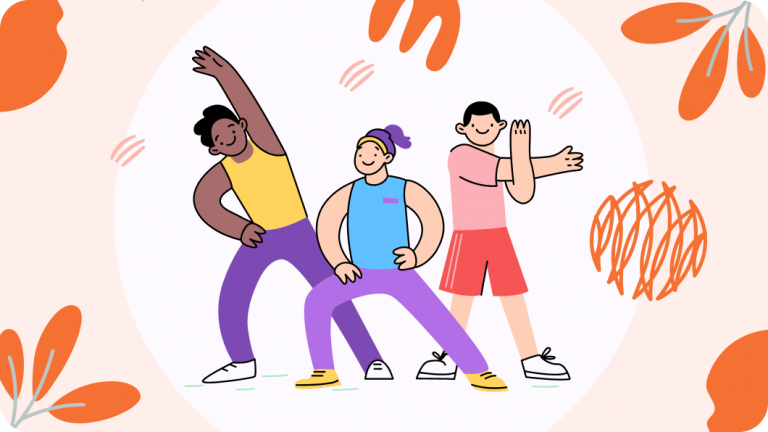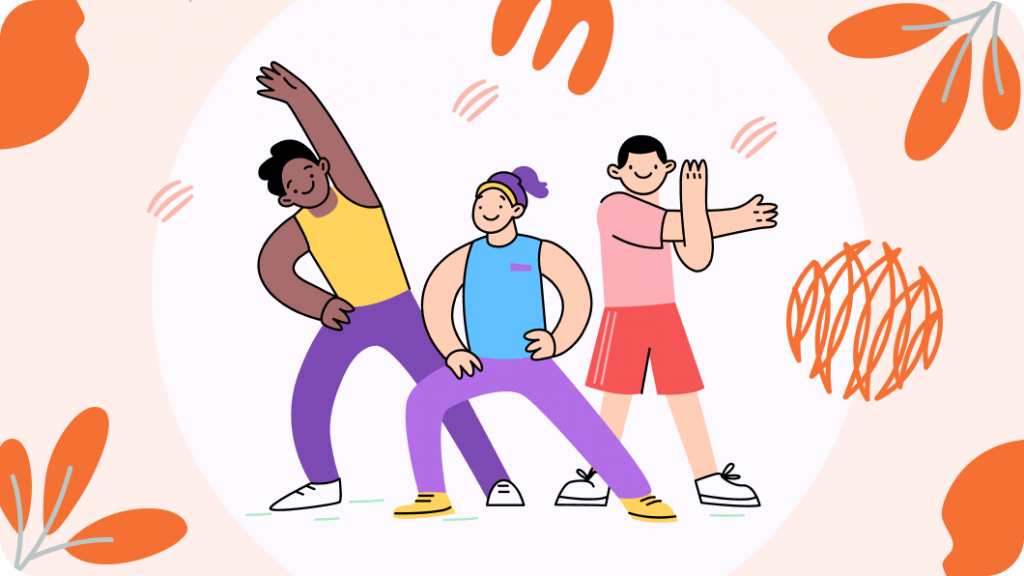By Dr. David Hester
We are all, in essence, tinkerers and quasi-scientists. Daily, we conduct miniature experiments, testing hypotheses about ourselves and our environment to optimize our experiences. We use the scientific method. For us, this method is akin to a recipe for discovery.
Imagine a curious human in an up-and-down week, meticulously jotting down notes to understand their behavior. They start by asking a burning question, like why do I have so many “x, y, z”?
Next, they carefully design an experiment, selecting just the right tools and measures – perhaps an app to track daily behavior. With precision, they carry out their tests, recording every detail and unexpected twist.
After gathering mountains of data, they analyze it like a detective unearthing clues at a crime scene. Finally, armed with their findings, they draw conclusions that unlock the mysteries of the universe – especially if the findings are repeatable.
This methodical approach is the backbone of scientific progress, guiding researchers on their quest to unravel nature’s secrets one experiment at a time. However, we often overlook the distinction between the ‘inner’ and ‘outer’ realms of scientific inquiry. Inner science is our personal exploration of lived experiences, aspirations, and capabilities.
In contrast, outer science, conducted by institutions and researchers, focuses on broader populations and statistically significant trends. Understanding the nuances between these two approaches is crucial.
Much of the scientific evidence we rely on originates from Western countries and predominantly involves specific demographics. This implies that a substantial portion of the global population remains underrepresented in research.
Therefore, while scientific consensus provides valuable insights, it’s essential to remember that individual experiences can vary significantly. Moreover, as technology increasingly influences our wellbeing, we must recognize the potential of low-cost, cognitively efficient tools. Like meditation and mindful moments.
Our brains, consuming approximately 20% of the body’s energy, necessitate mindful optimization. To effectively navigate this landscape, consider the difference between outer science and inner science.
Inner science is a process of personal exploration and discovery, using ourselves as subjects to understand our experiences, aspirations, and capabilities. It involves experimenting with different approaches to see what works best for you and paying attention to your thoughts, emotions, behaviors, and overall well-being.
Oftentimes, inner science is overlooked or undervalued compared to outer science. We tend to rely heavily on external sources of information and expertise rather than trusting our own instincts and experiences. This can lead to a disconnection from ourselves and a lack of personal agency in our own lives.
To bridge the gap between personal and universal knowledge, we must prioritize inner science and self-inquiry as much as we do outer science. Here are some key practices to help us optimize our inner scientific process:
- Prioritize personal experimentation
Think of yourself as a scientist conducting experiments on yourself. If you’re looking to improve your well-being in a specific area (e.g., sleep quality or stress management), try different approaches and methods to see what works best for you.For instance, if you want to improve your sleep, experiment with different sleep hygiene practices like setting a consistent bedtime routine or limiting screens before bed. Keep track of your results and adjust your approach based on what works best for you.
- Critically evaluate scientific evidence
While scientific consensus provides valuable insights, it’s essential to critically evaluate evidence before applying it to our own lives. Pietro Marenco, Editor and Critical Appraisal Specialist @ScienceForWok has a “Pyramid of Scientific Evidence” listing meta-analysis of randomized controlled trials at the top and cross-sectional studies/opinion pieces at the bottom. See the link at the bottom.Remember that most research studies are conducted on specific demographics or populations that may not necessarily represent everyone’s experiences. Consider factors such as cultural differences, individual variations in genetics, environment, or lifestyle habits when interpreting the results of scientific studies.
- Avoiding Overgeneralization
Understanding the limitations of Avoiding generalization involves delving into the specifics of a situation rather than making broad assumptions. Instead of painting everyone with the same brush, take the time to consider individual differences and unique circumstances. Look for nuances and exceptions that challenge your initial thoughts.Embrace complexity by seeking out diverse perspectives and experiences that can offer a more well-rounded understanding. By focusing on details and being open to new information, you can steer clear of falling into the trap of overgeneralization.Speaking of Generalizing, yikes, do we do this often! Scheme and heuristics lead our daily Interactions. On top of that, you have to be cognizant of avoiding junk science, edging you to take a tablespoon of Raw Sugar a day to lose weight (spoiler alert, it doesn’t work).
By combining personal experimentation with rigorous scientific inquiry, we can make informed decisions about our personal growth and well-being. One misstep to avoid is following BS science, junk science, and unfounded claims.
Carl Bergstrom and Jevin West created a free course to help everyone identify and avoid follies of BS science. They also discuss the value of understanding key differences between junk science and the gold standard of research, double-blind placebo studies.
Understanding Junk Science
Junk science, often sensationalized and misleading, is information presented as scientific fact but lacks rigorous methodology, peer review, or credible evidence. It’s frequently used to promote products, beliefs, or ideologies.
Common hallmarks of junk science:
- Anecdotal evidence: Relies heavily on personal stories or testimonials rather than data.
- Lack of peer review: Not evaluated by other experts in the field.
- Cherry-picking data: Selectively presenting information to support a predetermined conclusion.
- Oversimplification of complex issues: Making claims that are too good to be true.
- Conflicts of interest: Researchers or promoters stand to gain financially from the findings.
How to Spot the Difference
- Look for the source: Reputable scientific journals, government agencies, and established research institutions are more likely to publish credible studies.
- Check for peer review: Research that has undergone rigorous peer review is more likely to be reliable.
- Evaluate the sample size: Larger sample sizes generally provide more robust results.
- Consider the methodology: Understand the study design and look for potential biases.
- Be wary of overhyped claims: Extraordinary claims require extraordinary evidence.
Correlation does not equal causation. Just because two things happen together doesn’t mean one caused the other. Yet two things can be true at the same time. Still with me?
This is a critical concept to grasp. Just because two things happen together doesn’t mean one caused the other. For instance, a study might find a correlation between ice cream consumption and polio, or Ice cream and murder. This doesn’t mean eating ice cream makes you more likely to be infected with polio or murder your neighbor!
Although, the next time my neighbor Bill has an ice cream party without inviting me we will indeed, have words. Bringing us back. We have to keep in mind when seeing sensational correlation headlines like “ice cream = polio” that there could be various confounding underlying factors at play.
Remember, the ultimate goal is to harness knowledge to create a fulfilling and authentic life. It’s important to remember that scientific averages represent a vast spectrum of individual experiences.
While statistical trends offer valuable insights, they don’t guarantee the same outcome for everyone. Critical thinking is essential to navigate the world of scientific evidence
and tailor it to your unique needs.
“Be careful about reading health books, you may die of a misprint.” – Mark Twain?















